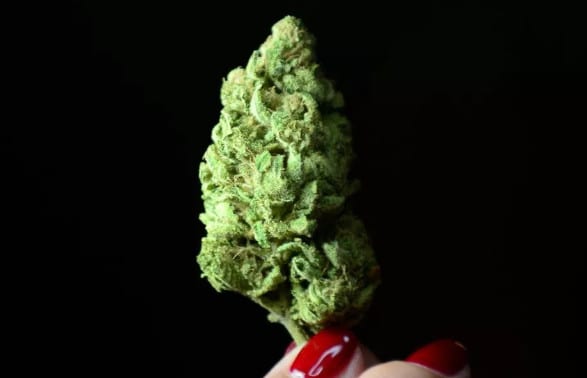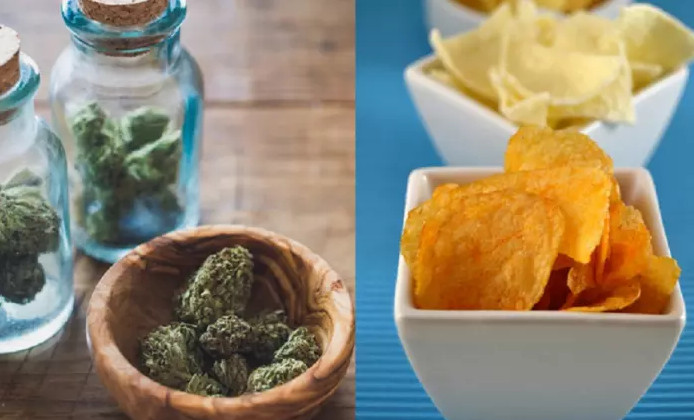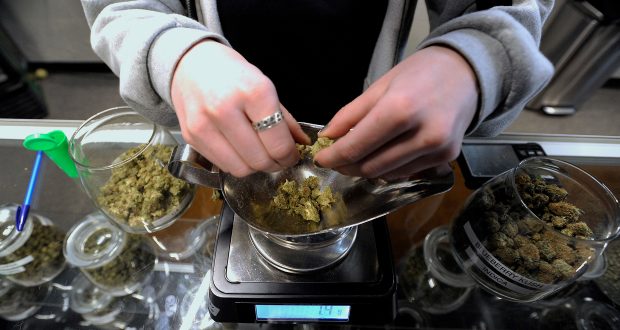While medical marijuana has been promoted as a treatment for a variety of ailments, finding anyone who promotes it as a memory boost is rare. Yet a German-Israeli team of researchers has just published a paper suggesting that at least in aging mice, marijuana does just that. Both in terms of mental performance and gene activity in the brain, treatment with pot’s active ingredient seems to restore older mice to a state resembling that of youth. But getting to that point took a month of treatments at levels that might affect mental performance as well.
THC is the molecule that gives marijuana its intoxicating impact, and it acts by altering the activity of the body’s internal cannabinoid signaling system. Previous studies have shown that the cannabinoid system slows down with age, making less of its signaling molecules and expressing less of the receptors they bind to. The researchers suspected that this drop might be linked to the decline in mental ability that also comes with age.
And that’s relatively easy to test, since you can just give the mice THC to activate their cannabinoid signaling network. So the researchers hooked up mice to a drip that fed them a constant supply of THC for four weeks.
A possible indication of that impairment is that the authors waited five days after stopping the THC treatment to test the animals’ mental abilities.
Youth restored
The researchers performed the tests with mice in different age groups: two months, 12 months, and 18 months. That’s roughly young, middle-aged, and elderly for mice. The mice were subjected to tests of learning and memory. In both tests, the animals that had received THC showed no decline with age. All the treated mice consistently tested as if they were two months old.
Something similar was found when the authors looked at gene activity in the brain. As mice age, a variety of genes see their activity go up or down; a number of the genes here have been associated with aging’s effects on the brain in earlier studies. After four weeks of THC, however, these genes ended up being active at levels similar to those seen in two-month-old mice.
Oddly, however, in two-month-old, THC-treated mice, these genes had activity levels that looked similar to untreated older mice. That’s the sort of result that might be problematic, but the authors say those results are “interesting and deserve further investigation.”
They move along to show that this aspect of THC’s effects appear to depend on the cannabinoid signaling system, which really isn’t much of a surprise. They also find that its effects rely on a system that controls how DNA is packaged in cells (histone acetylases). Intriguingly, this DNA-packaging system had previously been implicated in age-related declines. Drugs that alter it were considered a treatment option before its numerous side effects became clear.
The authors suggest that since low-dose cannabis is well tolerated, it might be a better option. But before taking that suggestion seriously, we’d want to know whether you need the constant low-dose used in their experiment and, if so, whether that has effects that aren’t as bad as what it’s supposed to be treating.
credit:arstechnica.com













